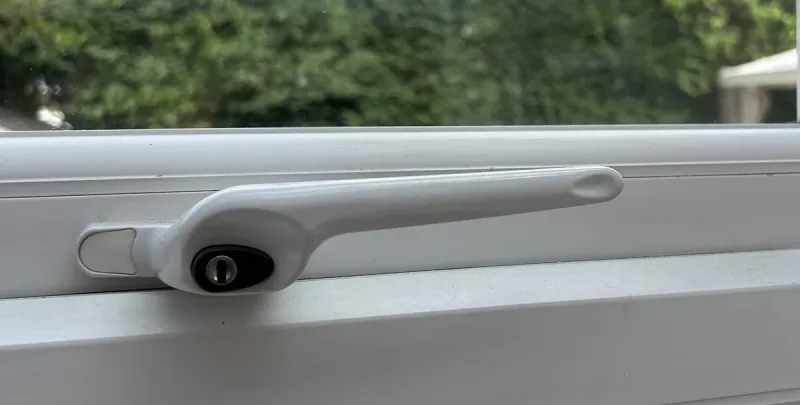Many people have considered renting out a room in their home on an ad hoc basis, often this situation arrives when children have moved out and parents find themselves with a large property, that perhaps they do not wish or cannot sell.
Renting out a room by taking in a lodger has many benefits, for one thing you are helping to provide someone with a home, it can help pay the bills and can help provide company as well. Before embarking on renting a room, it is probably best to check with your home insurance company, to make sure that your policy will still cover you. Some insurance companies will not be happy about you taking in paying guests and you may find that you have to find an alternative home insurance provider. If your insurance company do agree, check the terms and conditions they are offering carefully, your policy may be endorsed with some exclusions and you have to clearly understand what these are. Also you will need to consider who will be insuring any personal belongings on the lodger, check with your own insurance company, they may well exclude these items.
As well as your home insurance provider, you should also check that your mortgage lender is happy with the situation; there are some restrictions on mortgages, which may not allow you to take in lodgers. Many people do not realise that there is also a tax incentive to renting a room in your home, called the “Rent a room scheme”. If you already have a lodger in your home or are thinking about letting rooms in your home (they must be furnished) you can receive up to £4,250 a year tax-free (£2,125 if letting jointly). This scheme is a government initiative and is voluntary, it lets you receive a certain amount of tax-free ‘gross’ income from renting furnished accommodation. The scheme only applies to your main residence; you must live in the property most of the time. It will not apply if you wanted to rent a second home or a home purchased as a buy to let for example.
The government defines a lodger as someone who pays to live in your home, you may or may not provide them with meals, but they should be allowed to use the facilities of the property, such as the kitchen and appliances. You are of course free to charge for the extra services, you will need to add the payments you receive to the rent charged, to work out the total receipts. Please remember, If you get more than £4,250 a year in total, you will have to pay tax, even if the rent is less than that. The lodger can occupy a single room in the home or even an entire floor of the property, however, you will not be allowed to claim under the scheme, if you house is converted in to self contained flats. Your property must be a single dwelling without partitioning. If you home is converted in to self contained flats, you will need to declare your rental income to HM Revenue & Customs and pay tax in the normal way. Unfurnished accommodation is not eligible for the scheme.
The scheme is not limited to homeowners, if you are renting a property your self you can also be considered, you will need to check with your landlord though to make sure they do not object to the situation. Person operating on a more commercial basis, such as a part time bed & breakfast may also be considered, but as listed below, individual circumstance, should be taking in to consideration to ascertain if the scheme is suitable.
There are advantages and disadvantages with the scheme, The main point to bear in mind is that if you are in the Rent a Room scheme you can’t claim any expenses relating to the letting (for example, wear and tear, insurance, repairs, heating and lighting). If you are going to rent a room, you are more than likely going to have to provide new furnishings and you will not be able to claim for these. Also, if you currently live alone, you will also see your council tax bill increase to the full amount if a lodger moves in.





























